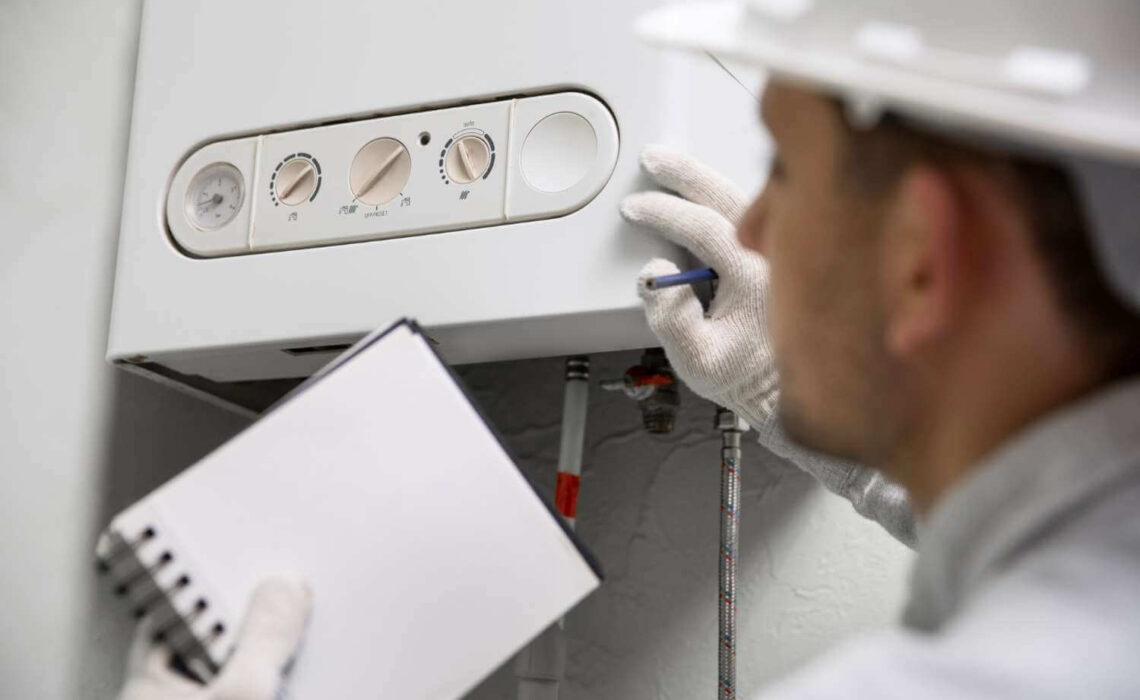Do you love hot showers? You probably always thank your water heater for that. And even though your water heater does not get constant praise while it is working well, you would instantly notice if it stopped functioning. Your water heater plays a significant role in daily life, and fixing such an essential home system is expensive, so why not extend the lifespan as much as you can.
Routine maintenance is a significant factor in extending the lifespan of your water heater. To keep the hot water from flowing for a longer time, follow these easy nine tips for keeping your water heater system.
Tips on How to Prolong the Lifespan of Your Water Heater
Table of Contents
Routine maintenance by Lex’s Plumbing is one of the significant factors to a lasting and functioning water heater. You can use these nine tips to guide you in keeping your water heater working longer.
1. Add an Extra Tank
When you heat the water, it expands. When this happens, the expanded water has nowhere to go, and it can cause internal pressure to occur. The sole purpose of an added tank is to attract the high-volume water in your water heater and rapidly lessen the internal water pressure. Without it, your water heater system could achieve a higher thermal temperature and have a big chance of exploding or malfunctioning.
2. Check Gas Lines
Does your water heater connect to a gas line? If it does, conduct routine inspections to guarantee that there are no rust, leaks, or cracks in the gas line. If you see any of these indications, call your local plumber to fix the line right away.
3. Conduct Regular Maintenance
Another way to keep your water heater functioning for a long time is to conduct regular maintenance checks. It will help you see the problems and what needs repairs and replacements before they cause damage to your appliances or stop functioning. During the regular maintenance checks, make sure you:
- Clear the working area around the water and remove all unnecessary things.
- During the maintenance, turn the water heater off.
- Jot down the helpful information, like the specific model of your water heater, the location of your house, the serial number, and the model number.
4. Install a Water Softener
The water quality in your home can affect the life of your water heater. If your water supply has high levels of magnesium and calcium, there must be a presence of hard water. Hard water causes mineral or sediment deposits to sit at the bottom of your water heater. If you ignore it, it can lessen the lifespan of your water heater.
The good news is you can have a water softener, which will remove the sediment that causes hard water, letting only soft water flow in your entire plumbing system.
5. Check the Pressure Relief Valve
It is a safety valve found on either the side or top of the water heater. The purpose of the pressure relief valve is to automatically open and release water if the pressure inside turns too high. In the case of failure, your water could burst or eventually fail. Ensure you regularly test the pressure relief valve to prolong the lifespan of water as long as possible. You can do this by putting a bucket or pale under the T&P valve and raising the level, the water should cease flowing. If the water does not flow entirely, it is time for a replacement.
6. Insulate the Water Heater and Pipes

While insulating your pipes will not directly prolong the lifespan of the water heater, it will make your water heater energy-efficient. All homeowners want that. If you have seen a skyrocket change in your energy bill, it could be an indication that your water heater system has trouble heating your water. Insulating pipes can make the water heater more energy-saving and enhance the temperature by two to four degrees. It also guards your cold water pipes against bursting and freezing in the winter.
7. Examine the Anode Rod
The anode rod is a long metal that guards your water heater tank against corroding. It attracts rust so that your water heater does not form rust inside. Eventually, the anode rod will corrode after many years of fighting corrosion and leave your water heater unit susceptible to rust. To examine the anode rod, turn the water heater off and any gas or electricity to the water heater.
Drain some gallons of water- not all into a pale. Find the anode rod, typically located under the lid of the water heater or on the top of the water heater next to the hex head, and check the anode rod. If more than half of it has rust or calcium deposits, a replacement is necessary. The general cost is around $20 to $50 for replacing the anode rod. If you hire a professional plumber to perform the job quickly, the charge is between $50 and $150.
8. Use Vacation Mode
Place your water heater on vacation mode when you are on vacation. It decreases your water temperature to warm water you will not use. Using the vacation mode feature will boost your energy efficiency, save money, and avoid corrosion and buildup. If your water heater does not have a vacation mode functionality, you can still put it to a lower and energy-saving temperature. Call Lex’s Plumbing if you are uncertain how to do this safely.
9. Routinely Flush the Water Heater Tank
Mineral and sediment buildup is often due to natural mineral particles or deposits in your water supply lines. They sit at the bottom of the water heater tank and cause rust and affect its functionality. Maintain your water from working in its excellent condition by flushing the system yearly. Doing it is easy.
Drain around three gallons of water from your water heater tank to eliminate buildup. Be mindful while draining the tank, as this water will be scorching. Yet, consider flushing your water heater system at least twice yearly if you dwell in an area with hard water that arises more often.
For more plumbing services and products, call Lex’s Plumbing today!
- How To Create A Safe And Comfortable Home Environment For In-Home Care In Boca Raton? - July 16, 2024
- 10 Trendy Black Nail Ideas To Elevate Your Nail Game - May 6, 2024
- Getting A Free Divorce In Virginia? Here’s What To Expect - April 24, 2024






No Comments